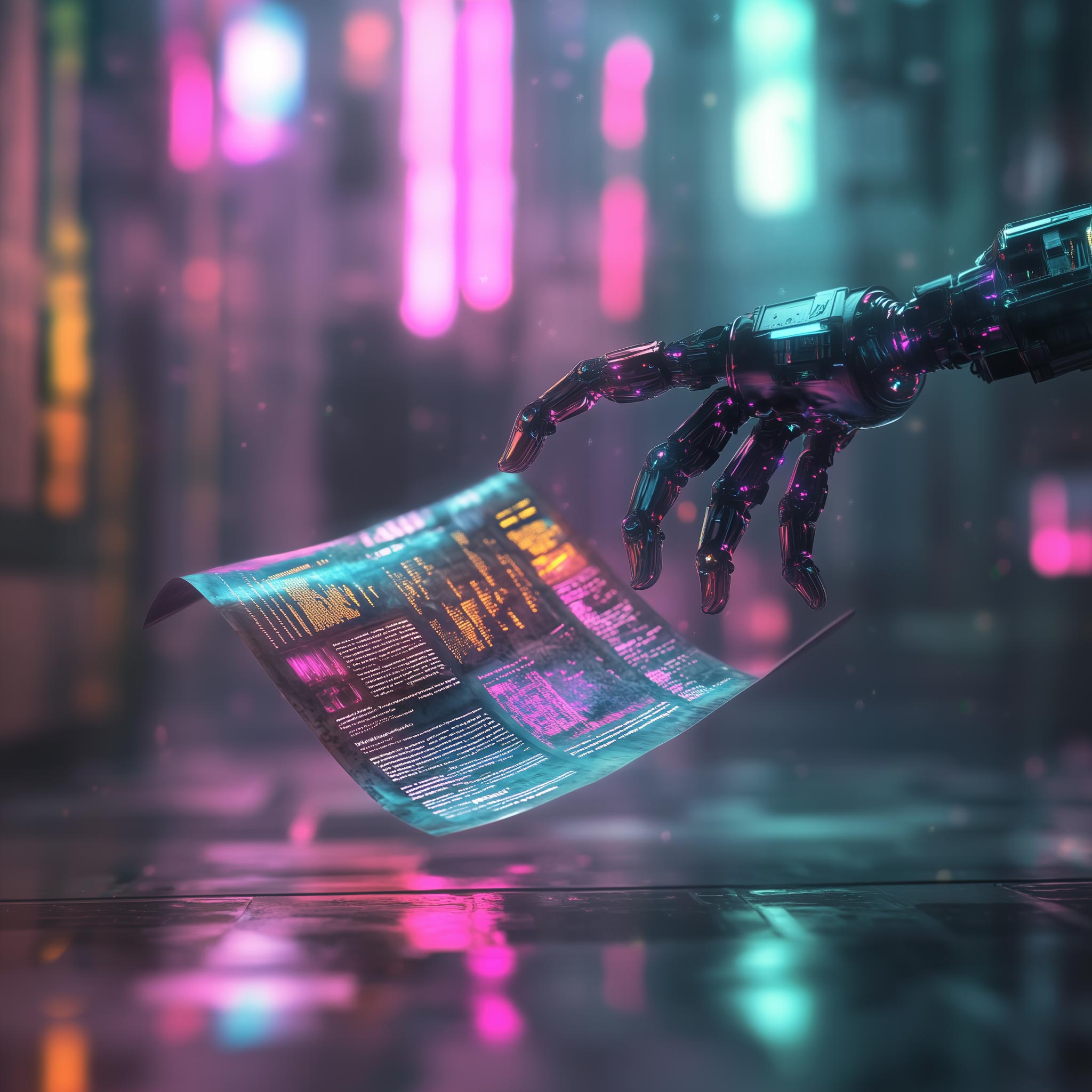The AI Action Summit 2025, hosted at the Grand Palais in Paris on February 10-11, brought together global leaders, tech giants, and policymakers to forge a path for the future of artificial intelligence. With a focus on AI governance, ethical development, and sustainable innovation, the summit highlighted both the opportunities and challenges of this rapidly evolving technology.
AI Action Week: Setting the Stage
The summit was preceded by AI Action Week (February 6-11), a series of events aimed at fostering collaboration and public engagement on AI-related topics:
- International AI, Science and Society Conference – Held at the Institut Polytechnique de Paris, bringing together researchers, industry leaders, and policymakers to discuss AI’s impact.
- AI Cultural Weekend – A public event exploring the intersection of AI and culture, showcasing interactive AI art, music, and discussions on the future of creative AI.
These events underscored AI’s expanding role in various industries and the necessity of international cooperation.
Day 1: Innovation and Collaboration Take Center Stage
The first day of the summit focused on AI-driven innovation and global collaboration.
Macron’s Bold AI Vision
French President Emmanuel Macron set the tone with a €200 billion investment plan to strengthen Europe’s AI capabilities and reduce reliance on the US and China. A significant portion, €20 billion, is allocated to AI gigafactories, ensuring Europe has the infrastructure to compete in the AI space.
Emphasizing “trustworthy AI,” Macron stressed the need for regulations that foster public confidence while allowing room for innovation.
India’s Rising Influence on AI
As co-chair of the summit, Indian Prime Minister Narendra Modi played a key role in advocating for equitable AI access. A panel discussion on “AI in the Global South” focused on AI’s potential to drive economic growth and societal benefits in developing nations.
The Launch of ‘Current AI’
A major announcement was the launch of ‘Current AI,’ a global public-private partnership to fund large-scale AI projects for the public good. This initiative aims to counterbalance the dominance of private corporations in AI development.
However, the US’s reluctance to support regulatory frameworks for public-interest AI posed a challenge. The Biden administration remained cautious, citing concerns over excessive oversight stifling innovation.
Day 2: Global AI Governance and Policy Debates
The second day shifted focus to AI governance and policy divergence among nations.
The AI Governance Declaration: A Split in Global AI Policy
A draft declaration on “sustainable and inclusive AI” was presented, but it faced immediate resistance.
- The US and UK refused to sign, with US Vice President JD Vance warning that stringent regulations could stifle AI innovation and restrict free speech.
- The EU, China, and India supported the declaration, calling for a more structured and accountable AI governance framework.
European Commission President Ursula von der Leyen emphasized the role of the EU’s AI Act—the world’s first comprehensive AI law that took effect in August 2024—as a model for responsible AI governance.
China, represented by Vice Premier Zhang Guoqing, promoted its open-source AI strategy but faced scrutiny over potential security risks. The emergence of DeepSeek, China’s low-cost foundational model, sparked discussions on AI sovereignty and security concerns, particularly in the US.
Key Takeaways and Emerging Trends
1. Competition Takes Center Stage
Unlike previous AI summits focused on safety, economic competitiveness and AI’s role in global markets dominated discussions in Paris.
2. The Rise of Open-Source AI
China’s push for open-source AI models gained traction, but questions over security and ethical concerns remain.
3. AI’s Growing Energy Demands
Sustainability was a central theme, with discussions on how to power AI systems efficiently. France highlighted its nuclear energy reliance as a solution for AI’s rising energy consumption.
4. AI and the Future of Work
The impact of AI on jobs, automation, and reskilling was widely debated, emphasising upskilling initiatives to prepare the workforce for AI-driven industries.
5. AI for Public Good
The launch of ‘Current AI’ signified a shift towards developing AI for societal benefits rather than just corporate gains.
Global Industry Impact and Future Outlook
Investment in AI Will Surge
Macron’s €200 billion AI fund is expected to accelerate AI research and development in Europe, challenging US and Chinese dominance.
Stronger Ethical AI Frameworks
Despite tensions, there is growing consensus on the need for clear ethical guidelines to govern AI’s future.
Fragmentation in AI Regulation
With the US, China, and Europe taking divergent regulatory paths, a fractured AI landscape could emerge, impacting cross-border AI collaborations.
Sustainability Becomes a Core AI Concern
As AI’s energy consumption grows, sustainable AI development will become a key priority for tech firms and governments alike.
Final Thoughts: What’s Next for AI Governance?
The AI Action Summit in Paris showcased a global commitment to shaping AI’s future and highlighted major divides in governance approaches. While Europe pushes for strict regulations, the US champions free-market innovation, and China embraces open-source AI with its strategic interests.
The next few years will be pivotal in determining whether the world can establish a unified AI framework or whether fragmentation and competition will define the future of AI governance.
One thing is clear: AI’s influence on society is only just beginning, and how we regulate and develop it will shape the future of technology, work, and ethics for decades to come.



